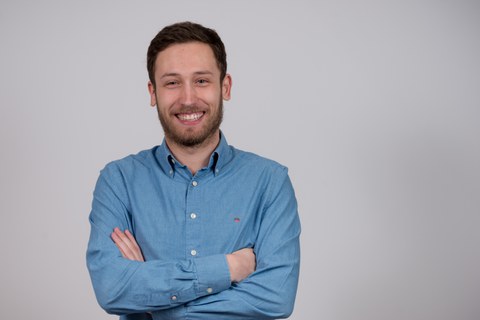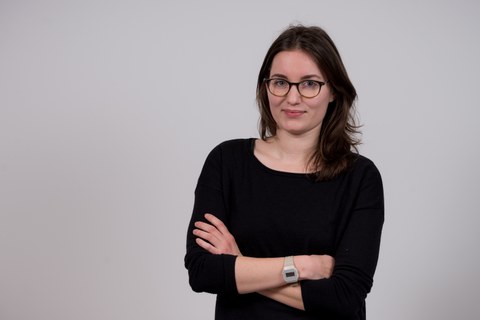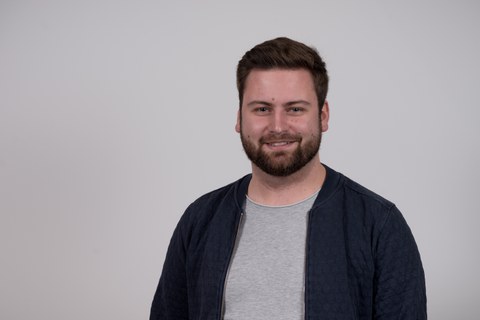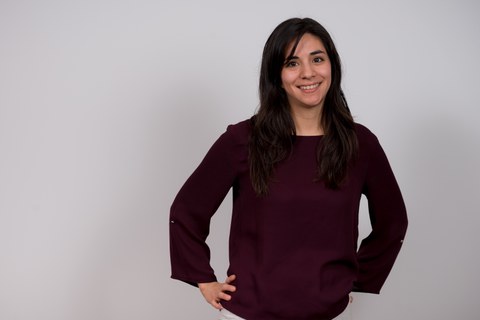Contents & Structure
The program has a modular structure. It encompasses nine compulsory modules and additional modules from two different areas: advanced studies in four fields of practical application (Electives I) and complementary subjects (Electives II). The program concludes with writing a master‘s thesis.
| Semester | Module |
|---|---|
| 1 | Competence Acquisition in/with Socio-Technical Systems, Traffic and Transportation Psychology, Applied Cognitive Research, Work and Organization Psychology, Advanced Multivariate Statistics |
| 2 | Organization- and Work Psychology, Personnel Psychology, Social Interaction and Performance, Advanced Multivariate Statistics, Research&Intervention |
| 3 | Research&Intervention |
| 4 | Internship, Master Thesis |
The research & intervention module can be completed in the areas of Work and Organization Psychology, Traffic and Transportation Psychology, Competence Acquisition, or Applied Cognitive Research. It is also possible to spend some study time abroad, doing an internship or completing certain modules at another university.
Electives
- Public Health
- Occupational Health
- Cognitive-affective Neuroscience
- Developmental Neuroscience
- Design Development Process
- Advanced User Interfaces
- User Interface Engineering
- Interactive Visualization of Information
A detailed description of the module content can be found on the page "Module descriptions"
Relevant Information:
- Link to the study documents (in German)
- Link to the study information system
- Link to the guidline for internships (in German)
- Eligibility Regulations (in German)
- Selection Regulations (in German)
DIN 33430 Exam
The HPSTS program covers much of the content as the DIN 33430 examinations (quality standards in occupational aptitude diagnostics). HPSTS students can therefore take this examination parallel to their studies without having to attend further courses. To make this possible, there is a cooperation with the Federation of German Psychologists' Associations. The costs of the examination (approx. 125 euros) are to be paid by the candidates.
Student Opinions
Philipp Schuster
Despite its emphasis on research excellence, TU Dresden keeps its doors wide open for as many prospective students as possible. Nobody here was bothered that I had completed my Bachelor’s degree at a non-traditional school. Among the things that I like the most about my study is the accessibility of my professors, who are always available for follow-up questions, and the broad spectrum of content areas, including some truly unique modules. It’s a great study program, combined with living in a beautiful and exciting city.
Christina Gögel
To me, the HPSTS master’s program offers a possibility to deepen my knowledge in the area of human-machine-interaction. Last semester, for example, I took a class on interface design, while also being able to plan and conduct usability tests as part of a study project. At the same time, classic topics from work and organization psychology are also given their due attention. I especially like interdisciplinary work with members of other faculties, or – as part of my job as a research assistant – with industry partners.
Felix Miesen
The master study program HPSTS is interdisciplinary and addresses current issues in psychology – that’s what you often hear or read when you search for information about the program. That was the reason I decided to take up my studies at TU Dresden, and I was not disappointed. Despite the level of specialization typical for a master’s program, there is a broad range of classes on offer, and the teaching is made exciting and diverse by the teacher’s practical experience and its accounting for current research. However, not only the university and the study program have much to offer, but the same applies to the city of Dresden, with its many opportunities for spare time activities.
Ximena Mendoza
Before I came to Germany I studied psychology in Mexico. I decided to enrol in the HPSTS program because it is unique in Germany and the areas of expertise in it are very interesting. In addition, TU Dresden generally has an excellent reputation. What I especially like are the small classes and that the professors are always willing to help.





